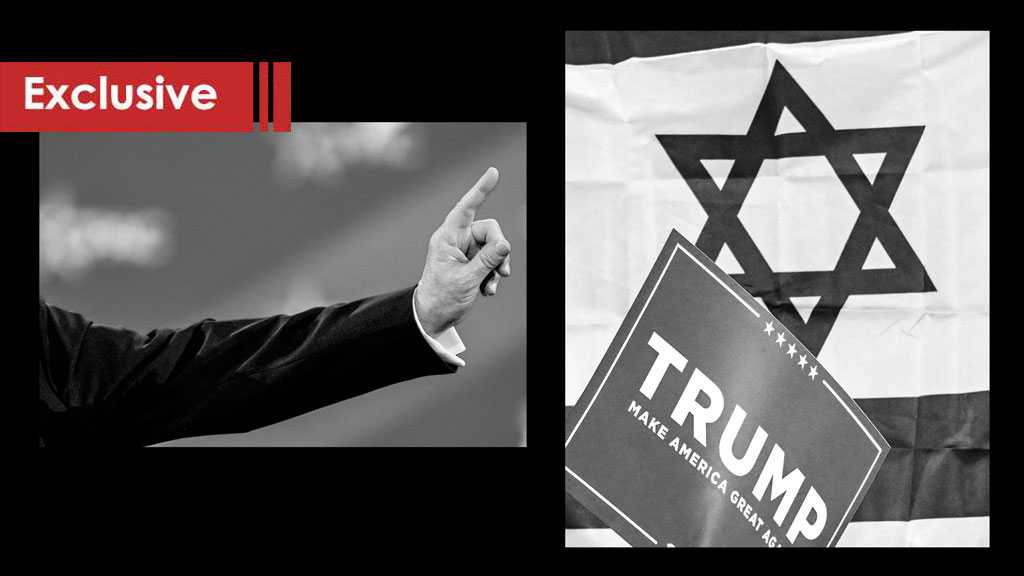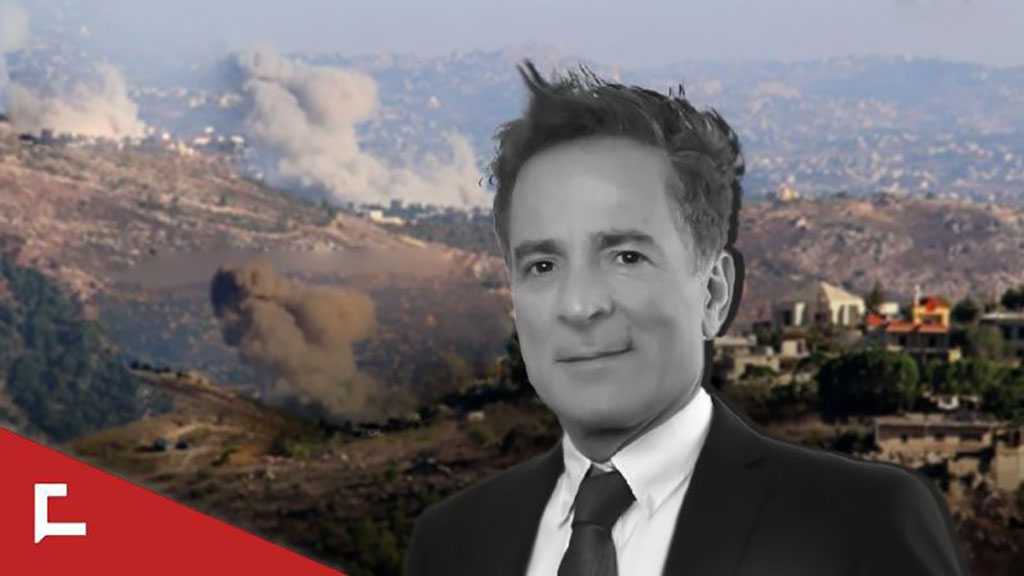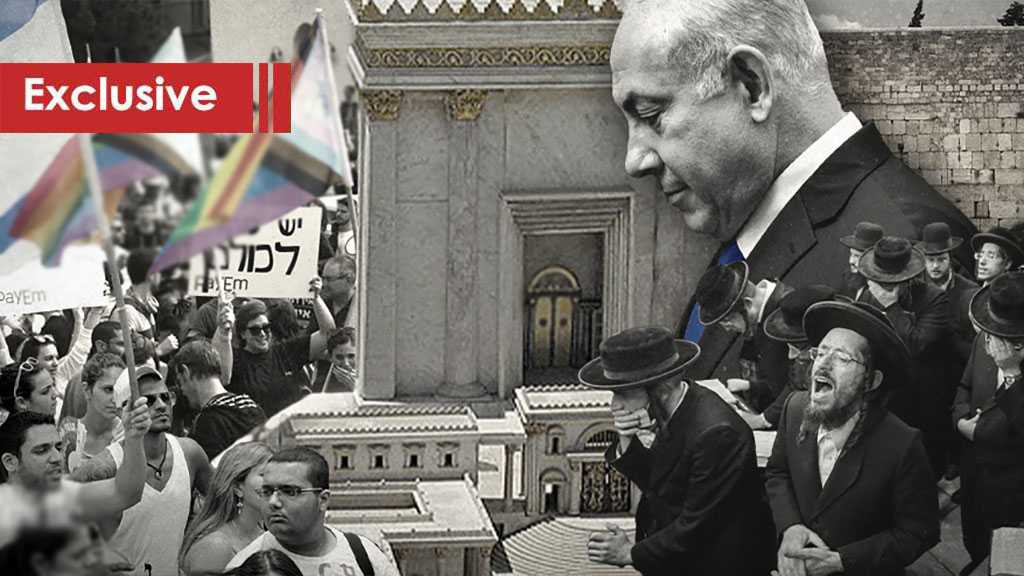
A Message to the West: Iran Grasps Peaceful Nuclear Rights

Mokhtar Berto - Tehran
On the April 9, 2006, Iran announced it now has the technique of Uranium enrichment, and inaugurated this process in The Natanz Nuclear Facility. In appreciation to the young scientists' efforts of the Islamic Republic of Iran, this day was declared as The National Nuclear Day.
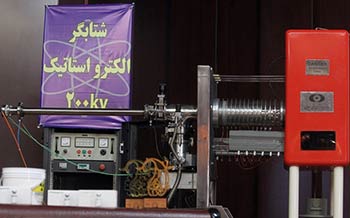 This technique includes a large group of geometrical sciences that a few people in the world own. The significance of owning such a technique is that it leads to a scientific qualitative leap in different scientific and industrial fields.
This technique includes a large group of geometrical sciences that a few people in the world own. The significance of owning such a technique is that it leads to a scientific qualitative leap in different scientific and industrial fields.
The reason behind the Iranian nuclear success is its wise decisions and its dependence on Iranian scientific cadres' abilities in the nuclear domain.
This year, The National Nuclear Day coincided with the end of the Almaty talks between Iran and the 5+1 group, where Iranian president Mahmoud Ahmadinejad declared during a ceremony on this occasion, "Iran has become a nuclear country, and no one can stop the Iranian peaceful nuclear wheel."
On this day, Tehran unveiled a super electronic industrial accelerator, the first of its kind in the country, and also inaugurated the Signed Mine in Yazd, central Iran.
Also, five radioactive medicines were launched during the ceremony on National Nuclear Day in Tehran's suburbs.
In the second round of the Almaty talks, Iran addressed the West, stressing its persistence on acquiring more peaceful nuclear techniques and technologies.
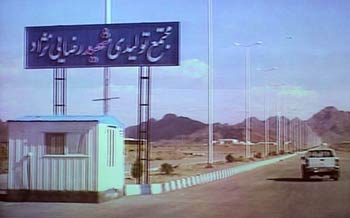 Three years ago, the Secretary of Iran's Supreme National Security Council, Saeed Jalili sent a letter to the 5+1 group, declaring Iran's need to buy fuel for Iran's research nuclear reactors for medical production, but Western countries had refused to sell the fuel to Iranians.
Three years ago, the Secretary of Iran's Supreme National Security Council, Saeed Jalili sent a letter to the 5+1 group, declaring Iran's need to buy fuel for Iran's research nuclear reactors for medical production, but Western countries had refused to sell the fuel to Iranians.
Iran then proposed to sell them radioactive medicines produced in these reactors, where over 850 thousand Iranians benefited from it, but they refused yet again.
Just then, Tehran declared it will produce nuclear reactor fuel through Uranium enrichment by 20%. The West ridiculed Iran on such claims, believing that Iran does not possess the capacities for such a step.
As for today, the 5+1 group is currently negotiating with Iran to halt Uranium enrichment by 20%.
The group, however, is well aware that Iran will thrive in its scientific path to acquire peaceful nuclear techniques, and the West cannot do anything but build trust and acknowledge Iran's rights.
As Jalili stated, "The path to trust is a two-way road." Ten years ago, Iran had stopped Uranium enrichment for 26 months, but instead of receiving mutual treatment, Western forces issued an unjust resolution against it in the UN Security Council.
Many observers believed - considering the speed of the scientific development it witnesses, especially in the field of peaceful nuclear energy - there is no choice but to recognize Iran's right to nuclear power in the framework of the NPT.
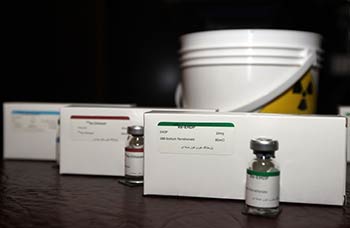 Moreover, media sources that attended the second round of the Almaty talks reported that it was clear that the Western team had no say, because when Iran submitted their proposals, they stated that they would have to consult with their leaderships and then respond to the proposal.
Moreover, media sources that attended the second round of the Almaty talks reported that it was clear that the Western team had no say, because when Iran submitted their proposals, they stated that they would have to consult with their leaderships and then respond to the proposal.
Today, the Islamic Republic of Iran continues its nuclear program for its own interests and domestic needs. Iran's twenty-year plan stressed that the government must produce around 20 megawatts of electricity and establish four nuclear reactors in different Iranian areas.
Source: al-Ahed News, translated and edited by moqawama.org
- Related News
